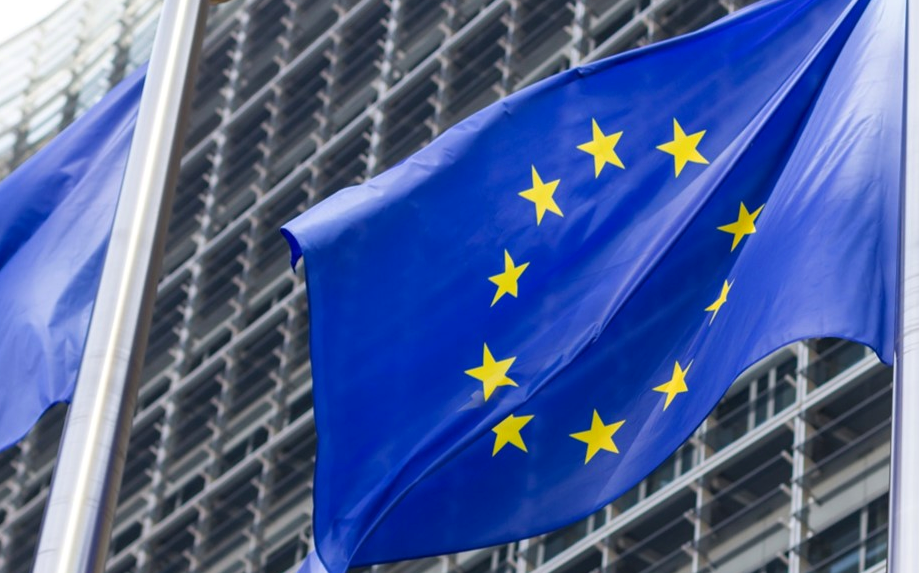Last-minute EU concession to Mercosur throws Europe’s ethanol industry under the bus
Desperate offer to secure trade deal is a blow to Europe’s farmers and ethanol industry; now it is up to policymakers to better align economic and environmental goals
BRUSSELS, 28 June 2019 – Last-minute changes to the EU-Mercosur agreement, offering even more access to EU markets for Brazilian sugarcane ethanol, have made a bad deal even worse. The agreement essentially trades away Europe’s ethanol industry unless the EU can act quickly and grow the European ethanol market to accommodate a flood of imports.
That means aligning trade policy with environmental and renewable energy policy by, for example, ensuring that the EU’s long-term decarbonisation strategy includes a stronger push for sustainable biofuels such as ethanol. It also means that during the implementation phase of the agreement Member States and the European Parliament fight to give EU farmers the tools to absorb the negative impact of imports originating in Mercosur.
The deal makes concessions to Mercosur countries on ethanol that essentially sacrifice the EU agriculture sector – and domestic production of a renewable energy source – in exchange for gains elsewhere.
“In agreeing to open its markets to Brazilian ethanol, the EU is contradicting its own efforts to increase domestic renewable energy sources in transport, killing incentives to invest in advanced ethanol, and making life even tougher for Europe’s already struggling farmers. As Member States and the European Parliament consider ratifying the deal, they should be aware of these consequences,” said Emmanuel Desplechin, Secretary General of ePURE, the European renewable energy association.
“The Commission has spent several years trying to shrink the market for a fuel that helps decarbonise its transport sector and reduces engine pollutants in today’s vehicle fleet, and with this deal it is offering what’s left of that market to Brazilian producers and sugarcane farmers,” Desplechin said. “Now it will be important for the EU to grow its ethanol market for fuel and biobased applications and make sure European farmers continue to play a vital role in the fight against climate change and in the transition to the bioeconomy."
Some background on why the ethanol portion of the EU-Mercosur deal is disproportionate: an offer of reduced tariffs on a yearly quota of 600,000 tonnes of Mercosur ethanol was first made in 2004, based on market forecast relying on a stable and well managed EU biofuels policy, which has not materialised.
Even if that offer had not been increased it was already a better deal for Mercosur countries today than it was 15 years ago, and represented 12% of the European ethanol market which the EU has increasingly opened to other third countries. With the last-minute decision to increase both the offer and the access conditions, the impact is even more devastating.
